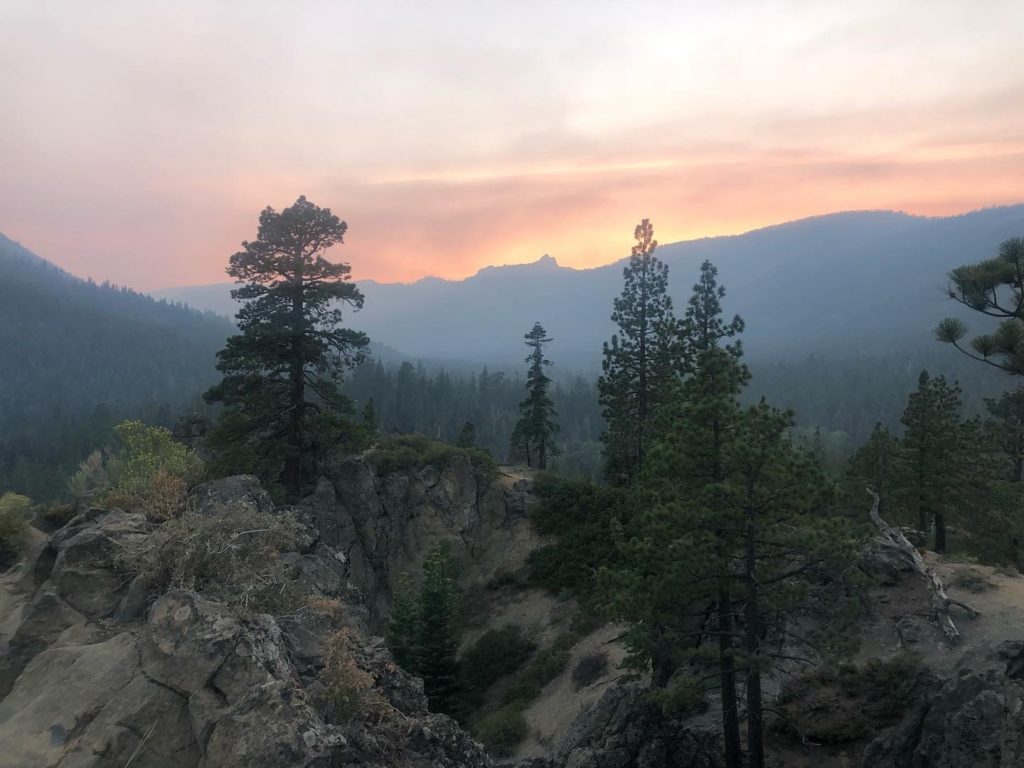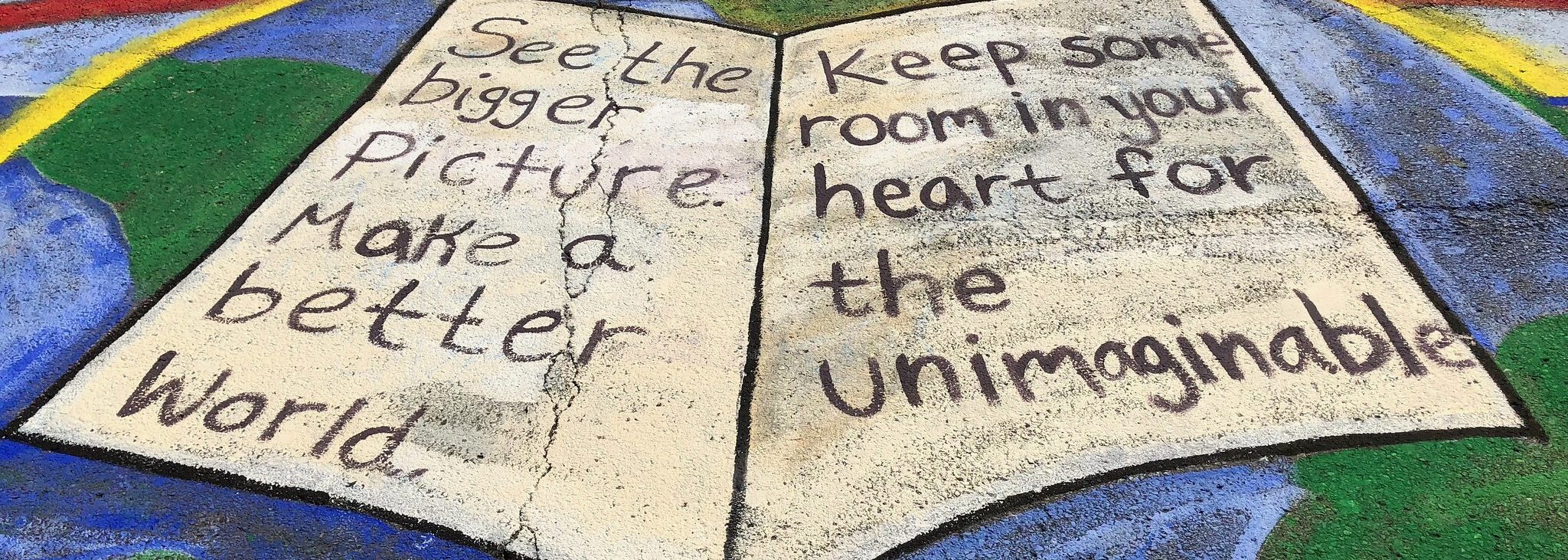Published: 08/17/2022
Imagine you woke up tomorrow in a perfectly sustainable society. Infrastructure would be modernized, energy renewable, modern cities awash in green space with minimal environmental footprints, food systems regenerative. If we suddenly woke up in this reality, would our work be complete – or is there a chance that we would’ve missed the point, skirting past the difficult untangling of the environmental crisis’ cultural, ethical, and emotional roots?
A new fall course in the Doerr School of Sustainability, [SUSTAIN 140] “Environmental Humanities: Finding Our Place on a Changing Planet,” attempts to make sense of a rapidly-changing reality and inform possible solutions through questioning the fundamental paradigms that underpin humanity’s narratives of progress and relationship with nature.
Expansive thinking and deep questioning are hallmarks of the Environmental Humanities – an interdisciplinary field that brings together the sciences and humanities to examine environmental challenges. Led by a teaching team of scholars, artists, scientists, and strategists, this course acknowledges the need to draw on multiple areas of study and diverse points of view in order to understand our assumptions about our place in the world.

“It can be really hard to comprehend today’s existential challenges,” said Erika Veidis, Planetary Health Program Manager at the Stanford Center for Innovation in Global Health. “We’re hoping that this course offers some insights – fostering curiosity, intellectual humility, and a deeper sense of environmental ethics.”
Veidis is leading the course along with Giulio De Leo, Professor of Biology, CIGH Faculty Fellow, and Senior Fellow at the Woods Institute for the Environment; Kathy Burke, the Woods Institute’s Human & Planetary Health Lead; Kelly McManus Chauvin, a postdoctoral scholar at the Jasper Ridge Biological Preserve; Sara Michas-Martin, a poet, nonfiction writer, and lecturer in Creative Writing; and Tadashi Fukami, Professor of Biology, who teaches on traditional ecological knowledge and leads Stanford’s Community Ecology Group.
The course begins with a reckoning of where we stand today: a rapidly-degrading planet, unraveling ecosystems, emerging crises in global health and security, marginalized communities disproportionately at risk, and grim outlooks for future generations. Through the lenses of ecology, history, philosophy, anthropology, economics, psychology, literature, and Indigenous ways of knowing, students will then consider how we got here. Was this inevitable? What social and cultural forces are at play? How can our understanding of the past and the present help us construct a better future?
In this course we seek to get to the roots of the problem by analyzing the barriers that prevent us from fully acknowledging the climate crisis and valuing our environment, exploring the tensions between individual needs and global citizenship, and discussing the relationship we want to have with the natural world.
Giulio De Leo
“In the sustainability challenge, we often focus on developing the technological innovations to sustain our wellbeing while reducing our impact on the environment. But technology alone won’t save us or the planet,” said De Leo. “In this course we seek to get to the roots of the problem by analyzing the barriers that prevent us from fully acknowledging the climate crisis and valuing our environment, exploring the tensions between individual needs and global citizenship, and discussing the relationship we want to have with the natural world.”
In addition to developing skills in ethical and philosophical inquiry, this course, which will fulfill the Aesthetic & Interpretive Inquiry and Ethical Reasoning WAYS requirements, explores intuitive and relational ways of knowing – listening, feeling, and creatively moving through some of today’s most challenging questions. Cultural works – including books, films, poetry, prose, and art – will guide conversations about environmental ethics, meaning, and solutions. Final projects will apply learnings to action – providing the opportunity to step outside of the classroom and involve external audiences in meaningful environmental contemplation or impact.
Ultimately, this course is designed to push students to think critically about how we got here, where we go from here, and how to make sense of urgent and existential environmental challenges – while imagining possible sustainable futures and how we can achieve them.
Cover photo by Fabric Florin, Unsplash.com.
